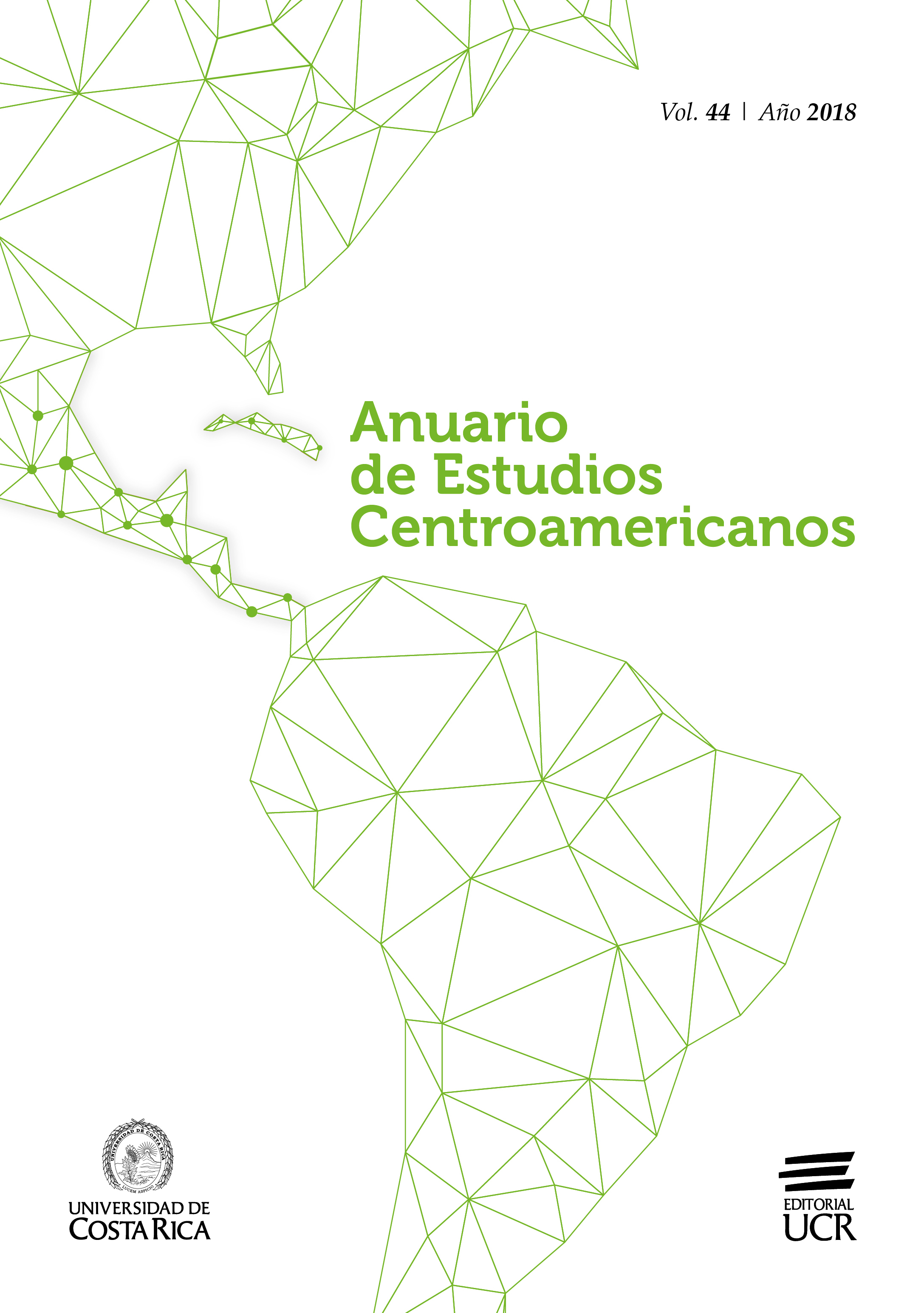Abstract
This article presents an analysis of information and communication technologies (ICT) and their relation to social change in Honduras. The study employs a case study methodology and a sociotechnical theoretical framework. Findings indicate that the 2009 coup d’état marked a turning point in the use of ICT in Honduras. Social media and alternative media use increased due to heavy social polarization. On the other hand, the State adopted new ways of spying on civil society and created new policies to control ICTs. The paper concludes that protecting the decentralized structure of ICT is crucial for Honduran democracy.##plugins.facebook.comentarios##
Downloads
Download data is not yet available.


